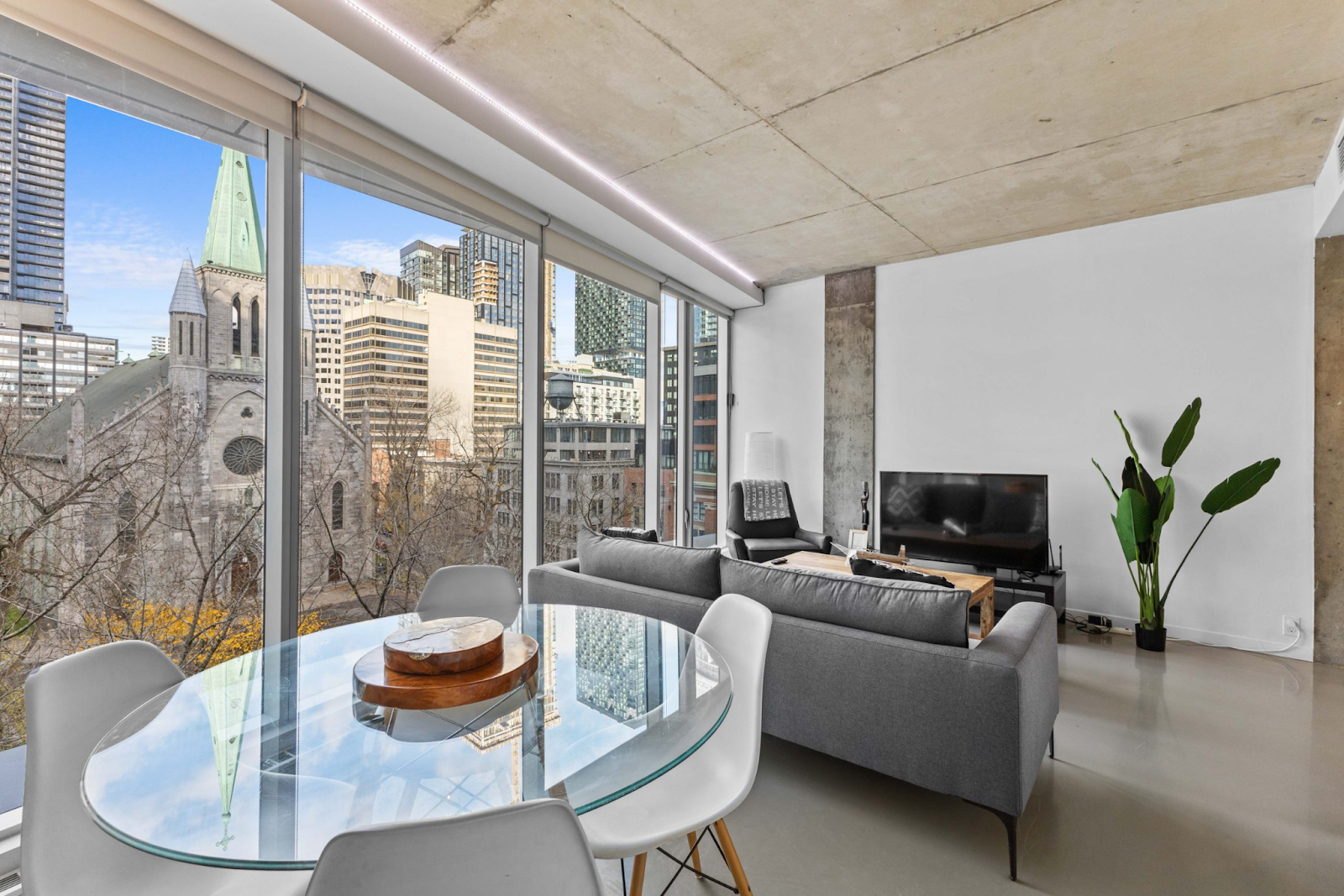A Complete Guide to Moving to Another Province in Canada
Moving to another part of Canada can be very exciting, whether for work, school, family, or simply a change of environment. Every province in Canada has its unique culture and lifestyle, making interprovincial relocation a good way to rediscover the country.
However, every province has its own systems and requirements, and it is very important to follow key steps to avoid delays and unexpected expenses.
As you keep reading, you will learn about the updated interprovincial moving process, legal considerations, housing, employment, and lifestyle adjustments required for each city.
What You Should Know About Interprovincial Migration Trends in 2025
In recent years, more people have been moving away from large urban centers in Canada, especially in provinces like Ontario. Data shows that more people are settling in smaller towns, rural areas, and other provinces such as Alberta, British Columbia, and the Atlantic (like Nova Scotia and New Brunswick).
It’s easy to see the reason behind this shift:
- Housing Affordability: Big cities like Vancouver have high housing costs. Smaller towns and other provinces offer more affordable homes.
- Work-life Balance: Many prefer quieter areas with less traffic and more space to raise families or work remotely.
- Better Job Opportunities in Remote Areas: Economic growth in some smaller provinces and towns has created new job openings and a better quality of life.
Alberta and British Columbia have seen a significant rise in new residents due to their strong economies, natural beauty, and relatively lower cost of living.
In 2024 alone, about 12,476 people moved to British Columbia from other provinces. It doesn’t matter what province you plan to move to; there are some standard processes you should follow to make your migration easier and less expensive.
Cost of Living and Managing Your Finances When Moving to a New Province in Canada
Relocating also means planning your finances carefully. Below are some important things you need to know and do before making your move.
1. Inform your bank
Before you move, contact your bank to update your address and notify them of your relocation. Some banks operate across all provinces, while others may only serve specific regions. Ensure your local branch and ATMs are still accessible in your new province.
2. Understand the Cost of Living in Your New Province
Every province in Canada has a different cost of living. Researching these differences can help you plan your budget. For example, long-term housing options are often cheaper in Manitoba or the Atlantic provinces than in Ontario or British Columbia.
However, some provinces may have higher costs for transportation, food, heating, or utilities (especially in colder or more remote areas). In a separate article, we review the cheapest cities to live in Canada.
3. Know the Task Difference
Taxes vary by province, so this can impact your take-home income and spending power. Since Alberta has no provincial sales tax, it saves you money on everyday purchases. Quebec, on the other hand, has higher tax rates, including income and sales taxes.
You must check how much tax you’ll pay in your new province to adjust your budget accordingly. You can check the Retail Council of Canada platform to know this for your particular province.
4. Update your Insurance policies
Don’t forget about your insurance when relocating. Auto insurance is managed at the provincial level, so you’ll likely need to cancel your old policy and get a new one in your new province.
Health insurance coverage from your old province usually ends after about three months. You need to register for your new provincial health plan quickly and arrange for temporary coverage during the transition period.
Accommodation in Your New Province

Before choosing an apartment or house, learn about the neighborhood. You want to be sure about things like:
- Safety
- Quality of local schools
- Access to public transport
- Proximity to hospitals, grocery stores, and other essential services
The Google Maps tool is super helpful for getting information on these aspects. Our magazine contains information about major cities in Canada based on the above four factors.
1. Understand the Local Housing Market
The cost and availability of housing vary widely across Canada. Ontario and British Columbia tend to have high prices and competitive rental markets. You will find more affordable options (for buying and renting) in areas like Alberta, Saskatchewan, and New Brunswick.
2. Explore Temporary Housing First
If you’re not ready to commit to a permanent place, temporary housing is a smart move. It gives you enough time to get to know the area before making a long-term decision.
Our furnished apartments in Canada’s provinces allow you to settle in, explore neighborhoods, and handle paperwork or job hunting.
We cover major areas including: Montreal, Winnipeg, Quebec, Mississauga, North York, Vancouver, Edmonton, Laval, Kanta, and Ottawa.
We also have apartments in Brossard, Calgary, Halifax, and Toronto. These include:
- Extended-stay apartments
- Short-term rentals
- Luxury penthouses
Think about Job Availability

You would first need to research the available employment options and the business environment in the province carefully.
Ensure that you check the economic trends in your new province and find out if you’ll be able to find a well-paying job or establish a successful business. Some provinces have stronger employment in specific sectors.
For instance, Alberta is in energy, Ontario is in finance and tech, and British Columbia is in tourism and film.
1. Professional Licensing and Certification Transfer
Some professions, like teaching, engineering, healthcare, and trades, are licensed provincially. It is best to learn your profession’s provincial licensing requirements in advance and complete the necessary paperwork to work legally in your new province. Some provinces may have mutual recognition agreements, making the transfer easier, but you may still need to submit documentation.
2. Working remotely vs. self-employed
Even if you work remotely, relocating to another province still requires some planning. Your employers may need to register your position under your new provincial employment standards, and the payroll taxes may differ. You must understand how provincial tax rules and business registration requirements will apply in your new location.
Consider the Healthcare Structure of the Province

Before moving to another province, you need to know the differences in health care and learn what your new location’s health insurance plan covers.
Provincial governments usually provide health care in Canada. If you would like to relocate to a different part of the country, you must enroll in that province’s healthcare plan.
There’s usually a waiting period before your provincial health insurance kicks in. This often takes up to three months. There would be a transfer of medical records. You have to contact your current healthcare providers to forward your records to your new doctor or clinic.
The climate condition of the area matters
It’s not just about coping with the various climates of various parts of the country. It affects every aspect of life. For example, in cold provinces, you’ll spend more on heating. In rainy weather, you might need better waterproof clothing and gear. Also, if you love hiking, beaches, or skiing, the climate affects how often you can enjoy these things.
Quebec has long winters, hot summers, and lots of snow. Like Manitoba, Saskatchewan has long, harsh winters and hot, sunny summers. This province is known for clear blue skies and big landscapes.
So, if you’re moving to another part of Canada, find out what the weather is like in the new province before you move so you can prepare appropriately.
Final Thoughts
Moving to Another Province in Canada can be overwhelming and challenging, but with careful planning and preparation, it can be done successfully.
Even if you’ve done online research, nothing beats experiencing a neighborhood in person. Staying in a temporary home allows you to:
- Explore different areas before choosing where to settle long-term
- See which neighborhoods align with your lifestyle, commute, or school needs
- Talk to locals and get honest feedback about the area
With over ten years of experience in the hospitality and housing industry, since 2008, Corporate Stays knows the ins and outs of apartment rentals in Canada.
Our short-term and furnished apartment rentals in Halifax have generous balconies with stunning waterfront views, offering the perfect blend of relaxation and luxury.
You can take a look at the various shortlets available in various Canada provinces.